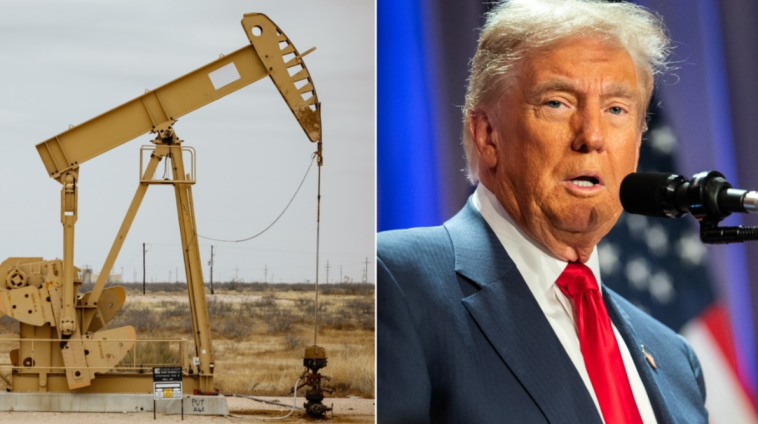The House recently passed legislation aimed at limiting future presidents from imposing unilateral bans on oil and gas drilling on federal lands and waters without congressional approval. This move is part of a broader Republican effort to protect American energy independence and prevent executive overreach that could harm domestic production, jobs, and energy prices.
Supporters of the bill argue that unchecked bans on oil exploration threaten national security, energy affordability, and thousands of American jobs tied to drilling operations. By requiring Congress to approve any future bans, the legislation seeks to ensure that significant decisions affecting the nation’s energy infrastructure reflect input from elected representatives. This initiative comes amid growing concerns over restrictive policies that hinder U.S. energy production in favor of expensive and unreliable green alternatives.
House Republicans pointed to actions under the Biden administration as a key reason for the bill, citing multiple efforts to curtail fossil fuel development on federal lands. They argued that such policies led to higher gas prices, inflation, and increased dependency on foreign energy imports. By codifying this safeguard into law, Republicans aim to block future attempts to sideline U.S. oil and gas production through executive orders.
Although Democrats largely opposed the bill, arguing that environmental considerations should take precedence, the GOP made clear that they are committed to prioritizing affordable, domestic energy sources over policies driven by what they see as radical environmentalism. The bill now moves to the Senate, where its fate remains uncertain.
This legislative push underscores the GOP’s broader strategy to counteract what they view as destructive energy policies and defend America’s position as a leading energy producer.


